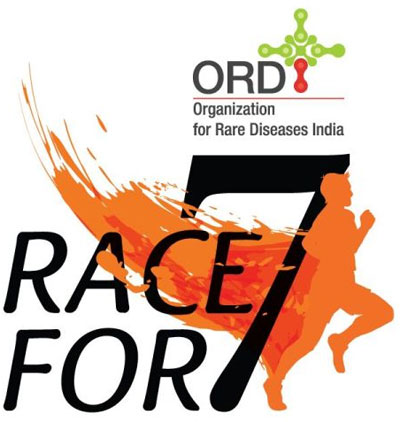To offer support to patients with rare diseases, ICH which is the State’s apex nodal centre, has set-up diagnosis, counselling and other services that cater to the needs arising in Tamilnadu and also from neighbouring States.
“The out-patient facilities were inaugurated in March 2018 whereas the specialised molecular diagnostic services for detecting metabolic disorders have been here for quite sometime now. As part of it, the experts study genetic mutation,” said a doctor from the hospital.
From the pathological point of view, the hospital does karyotyping, a process to evaluate chromosomal disorders. “Clinical examination – whole body check-up, identifying the history of illnesses in the family tree and other investigation required for the case,” added the doctor.
LSD is of several types and a few are Gaucher Disease, Mucopolysaccharidoses (MPS), pompe. The doctor further stated that they receive MPS types and Gaucher Disease more than the other diseases. When asked about the reason, the source added, “It is due to lack of enzymes and require two months’ time for diagnosis. The end product that is supposed to form with enzyme reaction gets accumulated in different parts of the body which gives rise to a range of rare ailments.”
Children suspected with abnormal disorders are referred to the facility and ‘dried blood spot test’ is conducted to determine the rarity. “A single drop of blood is placed on a filter paper and passed through the machines.”
“Tandem mass spectrometry is the technical process that diagnoses around 40 types of rare genetic disorders in a single go,” explained ICH Professor and Head – Department of Biochemistry, Dr K Pramila. If the result is positive, it is sent to New Delhi Sir Ganga Ram Hospital for confirmation.
PRE-NATAL SCREENING
Recently, the facility, in an attempt to prevent incidences of rare conditions, has begun pre-natal screening.
“Mothers with problematic first child are given pre-natal diagnosis where she would be explained about the disorder and prepare for amniosynthesis test. The amniotic fluid is tested to identify disorders if they become pregnant once again. Based on the decision, a call is taken,” said Director of ICH, Dr A T Arasar Seeralar, and emphasised that prevention is the way to go.
The patients are referred from the neighbouring Institute of Obstetrics and Gynaecology (IOG) who will be directed to Madras Medical College for the test.
FUNDS AWAITED
The doctor stated that patients with lysosomal storage disorder require enzyme therapy for treatment. “It is not financially viable for the patients to avail of it even in private hospitals. Drafts have been submitted to the Centre and we are awaiting directions for offering treatment for curable disorders,” said the doctor from the hospital.
While lysosomal disorders have enzyme replacement treatment, the source stated that treatment is unavailable for the rest. When News Today contacted one of the top officials from National Rural Health Mission (NHM), he refused to comment as the policy is under process.
Commenting about it, Multiple Sclerosis Society of India (MSSI) – Chennai chapter honorary chairperson, Ann Gonsalvez, said, “Rare diseases, by themselves are difficult for the government to interpret. Having said that it is imperative to have a medical board that goes deep into it, identifying the cause and provide treatment. As far as multiple sclerosis is concerned, the Disability Act has been passed, but the States are yet to implement it. The condition has 41 types and most of them are invisible.”




